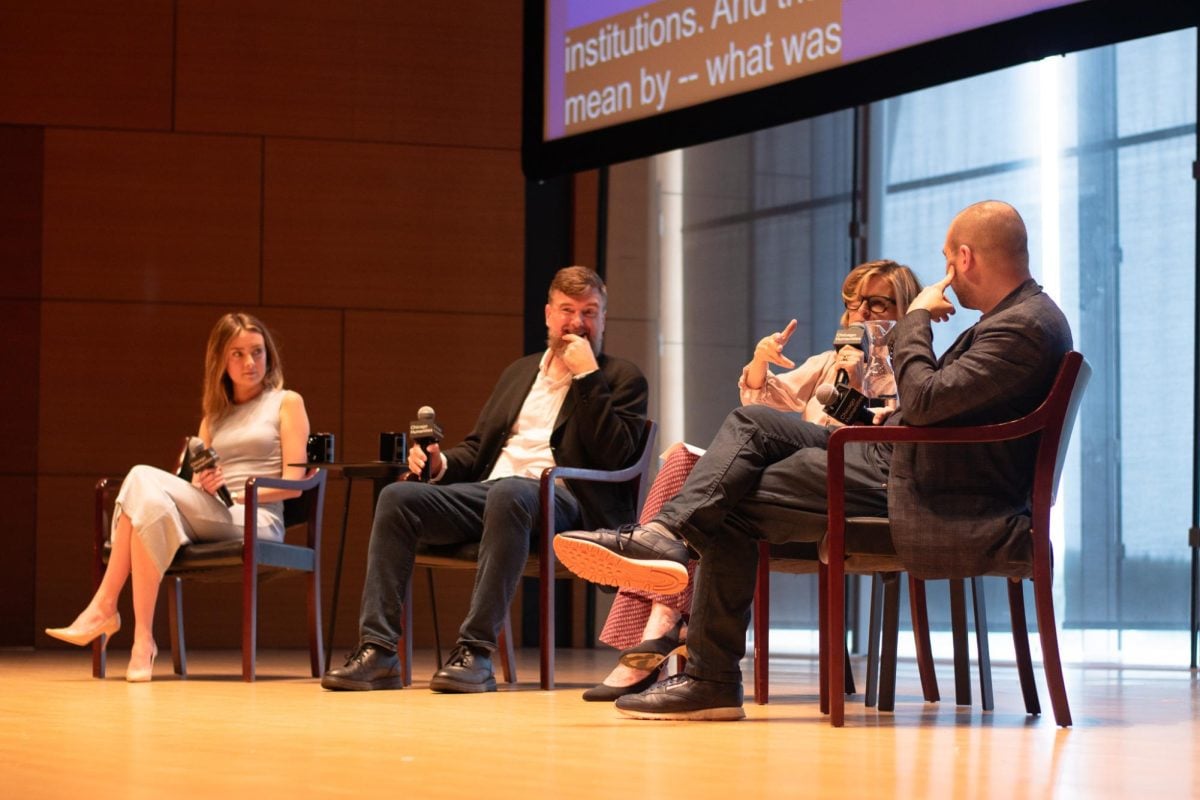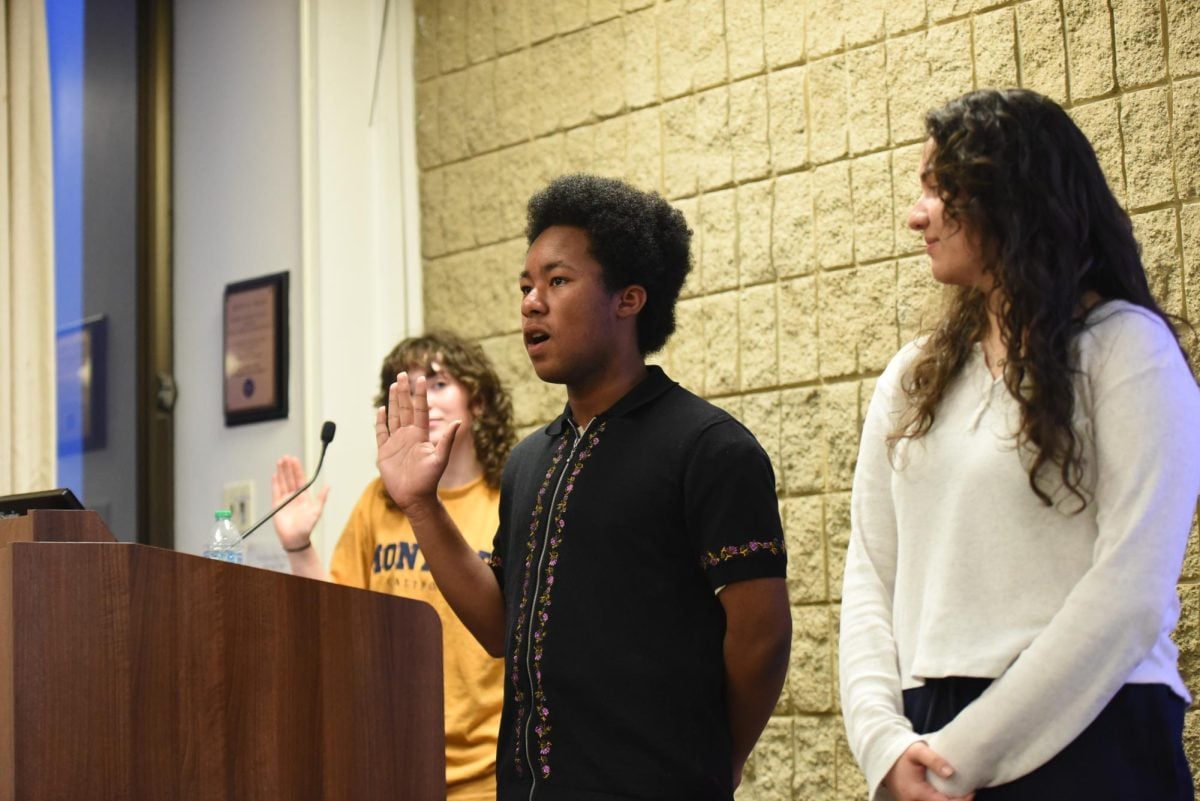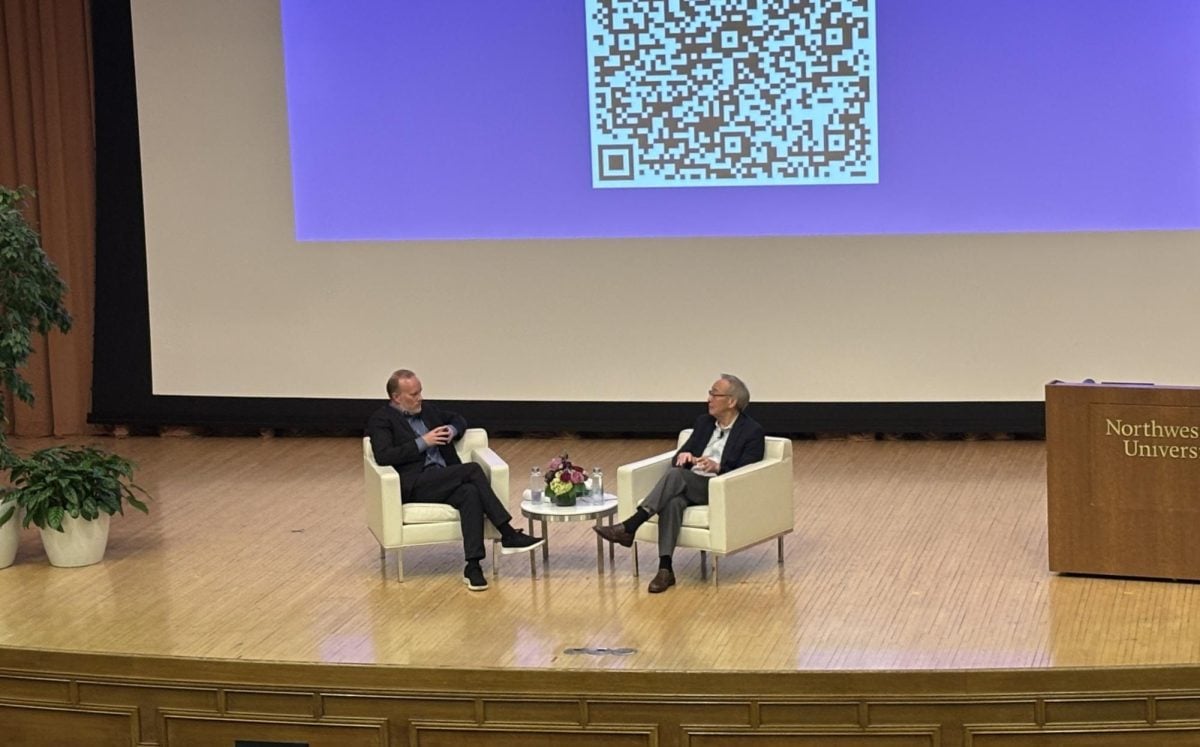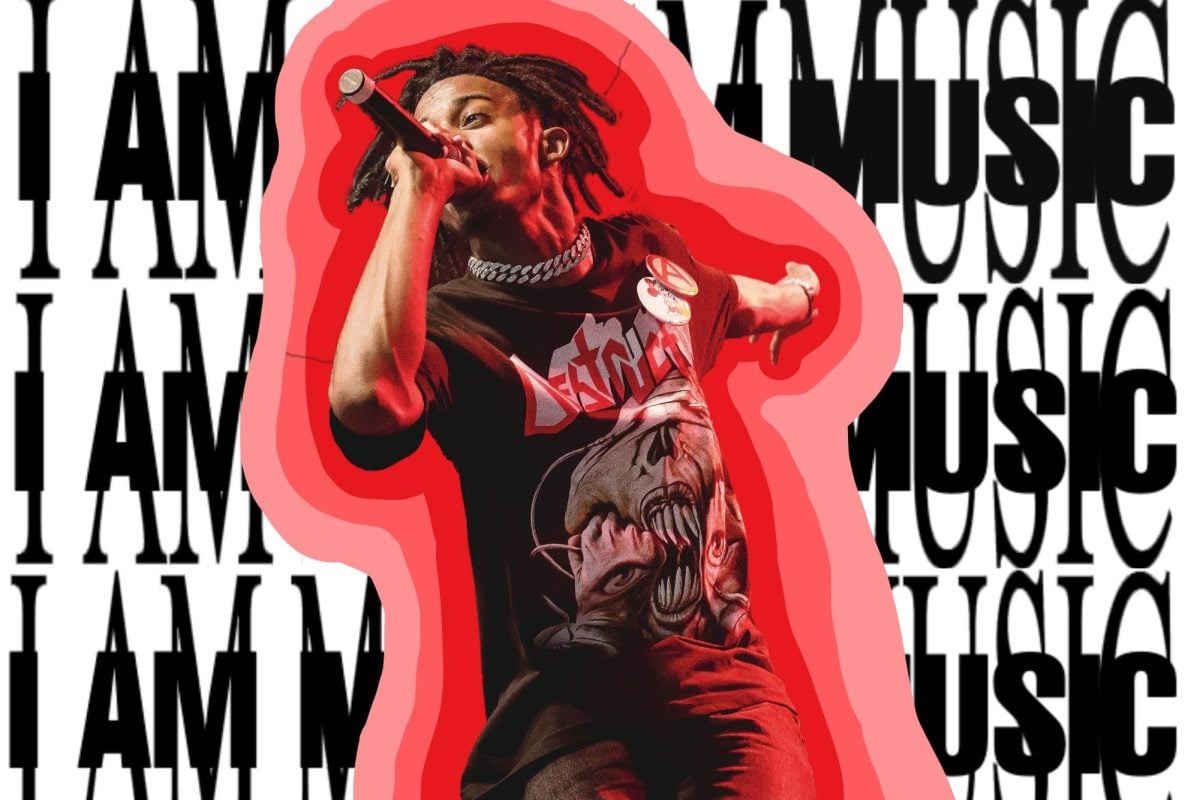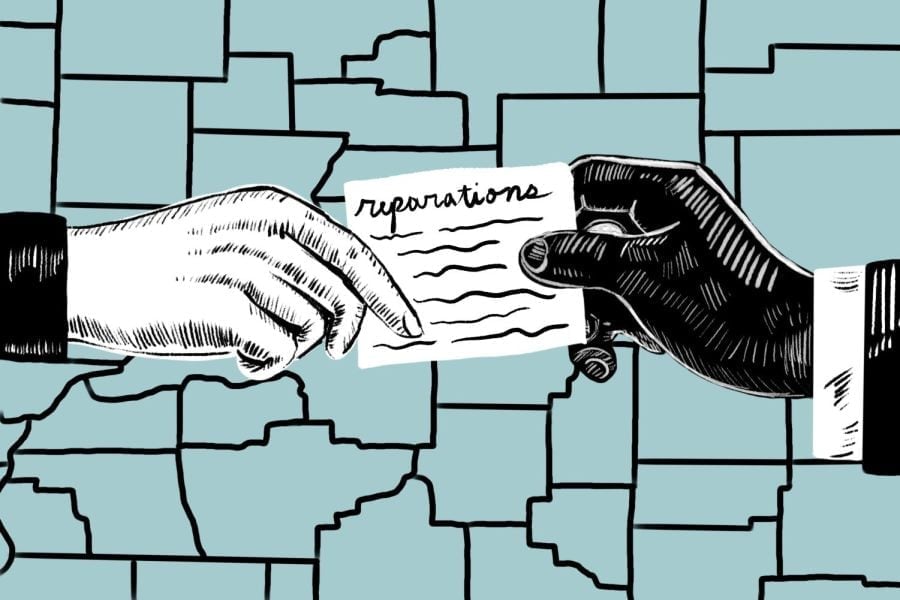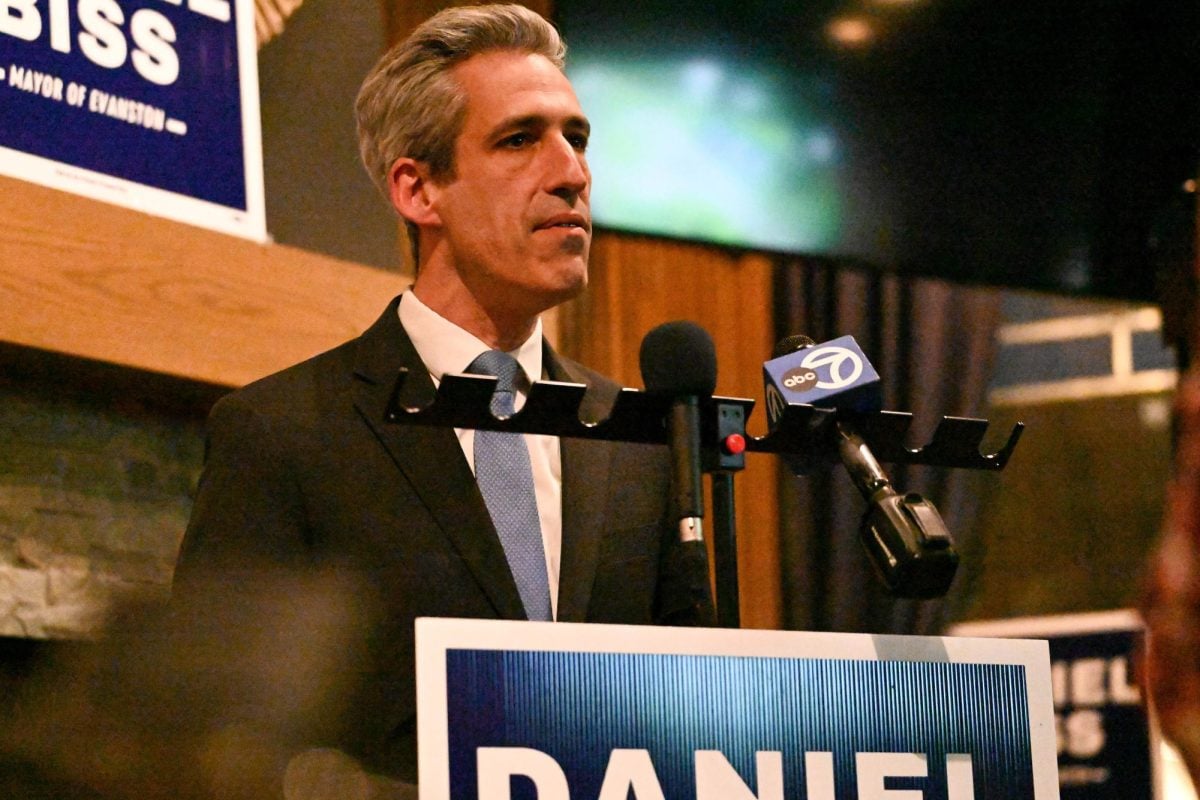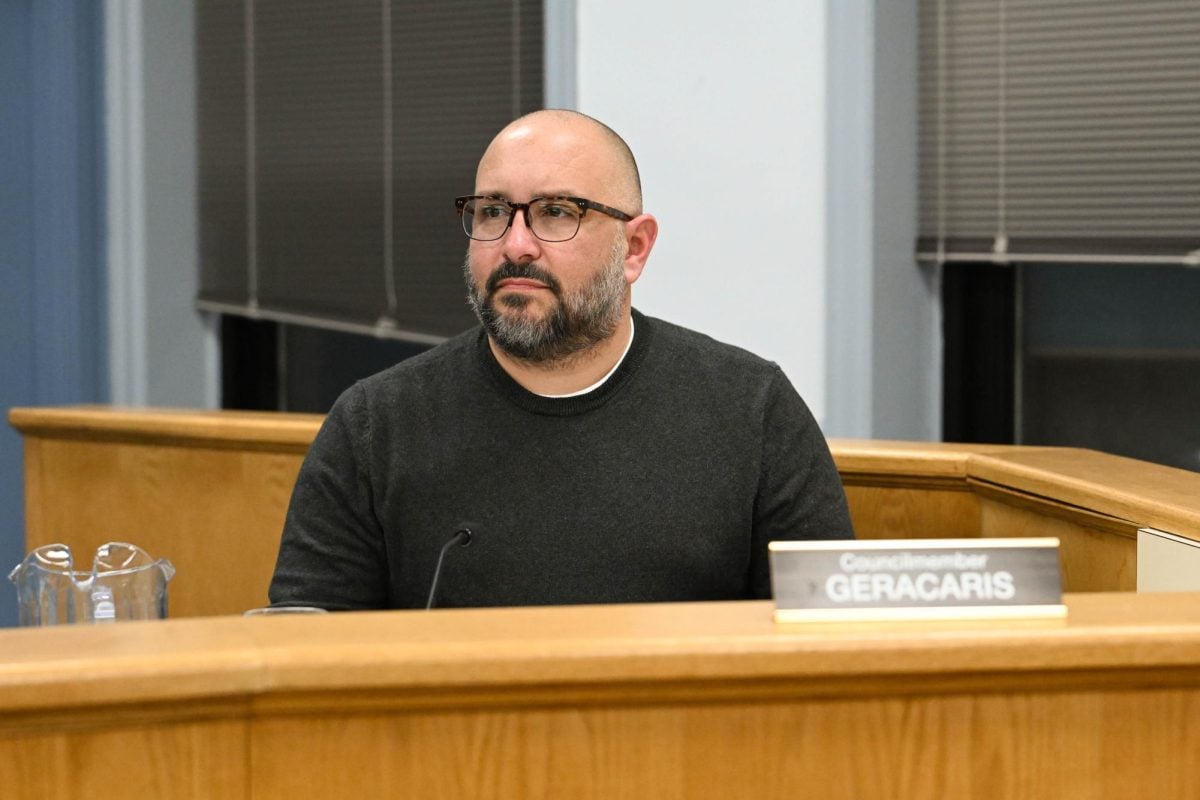A panel of free speech advocates discussed liberal values in higher education and cancel culture at the Ryan Center for the Musical Arts Saturday afternoon as part of the Chicago Humanities Festival’s annual Evanston Day.
The Atlantic writer Caitlin Flanagan moderated the dialogue, which featured Foundation for Individual Rights and Expression President Greg Lukianoff, journalist and Johns Hopkins Prof. Yascha Mounk and political commentator Rikki Schlott.
Each of the three panelists promoted their newly-published books, which guided the hourlong conversation.
Lukianoff and Schlott are co-authors of “The Canceling of the American Mind,” a comprehensive history of cancel culture, while Mounk’s “The Identity Trap” examines the increasing importance of identity in academia and American life.
About 100 attendees had the opportunity to purchase signed copies of the books by the authors after the event.
The three panelists expressed their concern over the political left’s departure from what they consider to be classical liberal values including open inquiry and academic freedom.
Mounk and Lukianoff both said widespread self-censorship due to fear of public shaming has made it harder to understand different perspectives. Mounk recounted several private conversations he has had with influential public figures who mentioned opinions they said they would not have uttered in public.
“You cannot know the world as it is without knowing what people really think,” Lukianoff said.
Schlott said she was separated into racial affinity groups as a 14-year-old in high school, which she said pushed her and her peers towards the political right.
She recalled hiding books which advocated for conservative policies under her bed in college. Schlott — the only Gen Z member of the panel — now identifies as a classical liberal but doesn’t ascribe to any party, she said.
Chicago resident Clark McCain (Weinberg ’90), whose daughter is a freshman in college, said he found the talk enlightening.
“I’m really concerned about the inability for young people to fully explore ideas in the university setting,” he said.
The panel also addressed University President Michael Schill’s recent announcement that he would not be releasing institutional statements on global events that do not directly impact the university’s core mission. Schill said he believes that the university making official political statements would “displace” the freedom to speak for students and faculty, referencing the Chicago Principles — a set of principles for navigating free speech on college campuses — as a guiding framework.
“Northwestern University has condemned (several) things in official statements over the last year, but it has not condemned Hamas’ killing of over 1,200 civilians,” Mounk said.
He said the reluctance to condemn the militant group Hamas can be partially attributed to “an ideology that only thinks in terms of the group of which you are a part.”
Schill released a second statement Friday afternoon clarifying that the University is guided by a set of core values and that Hamas’ actions “are clearly antithetical to Northwestern’s values.”
In an interview with The Daily after the event, Lukianoff — who has expressed strong public support of the Chicago Principles — said he was “cynically optimistic” that NU and other universities would maintain their newfound commitment to political neutrality in the future.
“If universities are now committing to free speech and political neutrality — both things that we want at FIRE — I am going to hope that they really mean it,” he said.
Email: elikronenberg2027@u.northwestern.edu
Twitter: @EliKronenberg
Related Stories:
— Fox News’ Bret Baier discusses new book, current events at NU
— Chicago Humanities Festival welcomes Sandra Cisneros to NU

